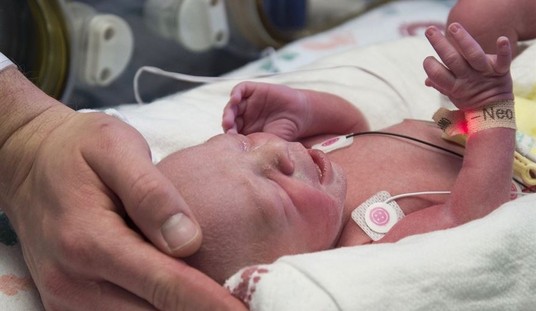The Obama administration offered to work on Sochi Olympics security issues with Russia after a pair of bombings in Volgograd killed at least 31 people.
President Vladimir Putin gave instructions to the National Anti-Terrorism Committee “to step up security measures across all of Russia and specifically in Volgograd region,” the Kremlin said Monday. “The president will receive daily reports from the NAC on the measures being taken along with regular situation reports.”
Putin had not emerged to make a personal statement on the bombings, which occurred at a train station and on a bus.
The train station bomber was reportedly Pavel Pechyonkin, a former paramedic who converted to Islam and joined militants in Dagestan. In March, Pechyonkin’s parents videotaped a plea to their son to drop his arms and come home. “I don’t believe that Allah has ever said that one must kill people,” his mother said. “…Imagine that somebody were to kill your parents, how would that make you feel? Why are you turning children into orphans?”
Pechyonkin taped his own video response. “Why should we follow those Christian commandments, when Allah, may he be glorified, urges us to fight those kafirs. Why shouldn’t we leave their children orphaned?” he said. “…I am not inventing anything from the Koran, I am reading.”
National Security Council spokeswoman Caitlin Hayden said in a statement today that “the United States condemns the terrorist attacks that struck the Russian city of Volgograd and sends deepest condolences to the families of the victims with hopes for the rapid healing of those wounded.”
“The United States stands in solidarity with the Russian people against terrorism,” Hayden continued. “The U.S. government has offered our full support to the Russian government in security preparations for the Sochi Olympic Games, and we would welcome the opportunity for closer cooperation for the safety of the athletes, spectators, and other participants.”
Over at the State Department, spokeswoman Marie Harf acknowledged the security issues highlighted by the bombings but still strove to argue that Sochi, 600 miles southwest of Volgograd but a hundred miles closer to Chechnya, is likely safe enough for the Olympic Games in six weeks.
“In terms of security for Sochi, U.S. citizens planning to attend should remain alert regarding their personal security at all times. I think our security experts have said that criminal activity in Sochi is similar to other cities of comparable size. Obviously, major events such as the Olympic games are an opportunity for thieves or for other folks who want to cause mischief,” Harf said.
“Again, people should also be reminded that threats have been made against the Olympic games and — and acts of terrorism, including bombings, continue to occur in Russia. So, obviously, this is — this is an exciting, positive, happy international sporting event, but people going there do need to maintain vigilance and watch out for their own security and safety,” she added.
“Our Diplomatic Security personnel have been working with the Russians for many months on security. They obviously work with our team, with high-level officials. Also, we provide U.S. citizen service to folks who will be traveling there. So we’re ready to support any way we can to help with the security situation.”
Eager to move on to a different line of questions, Harf was asked if the U.S. was joining with the Russians on counterterrorism concerns. “We always cooperate with the Russians on counterterrorism,” she said.
The State Department has not issued a travel warning for Russia.
International Olympic Committee president Thomas Bach called the incidents “a despicable attack on innocent people and the entire Olympic Movement joins me in utterly condemning this cowardly act. Our thoughts are with the loved ones of the victims.”
“I have personally written to the President of the Russian Federation, Vladimir Putin, to express our condolences to the Russian people and our confidence in the Russian authorities to deliver safe and secure Games in Sochi. I am certain that everything will be done to ensure the security of the athletes and all the participants of the Olympic Games,” Bach said.
“Sadly terrorism is a global disease but it must never be allowed to triumph. The Olympic Games are about bringing people from all backgrounds and beliefs together to overcome our differences in a peaceful way. The many declarations of support and solidarity from the international community make me confident that this message of tolerance will also be delivered by the Olympic Winter Games in Sochi.”
At the Summer Olympics in 2012, the IOC refused to hold a minute of silence for the Munich 11, terror victims slain at the 1972 games.









Join the conversation as a VIP Member